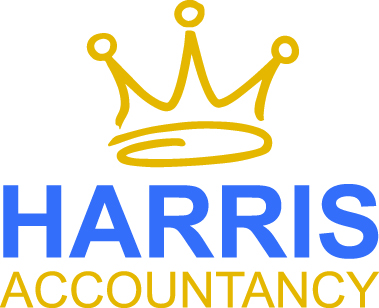Small businesses with one or two directors who are also the shareholders need to be very careful with DLA and need to keep an eye on its position. The DLA may consist of the following:

Funds provided or drawn by the director/directors.
- Any expense paid by them on behalf of the business, or any expense paid by the business on their behalf.
- Unpaid dividends.
- Unpaid salary.
So, any transactions to and from the business that relates to the directors should come to this account.
If the account has a credit balance (i.e. the business owes directors) at the end of the accounting year, the directors can draw this balance without paying any tax.
Also, directors can overdraw up to £10,000 from the business interest-free. But the company has to pay tax at 32.5% on the total overdrawn amount, which is called section 455 tax.
Any overdrawn amount above £10,000 will incur interest at HMRC’s official rate of interest on a monthly basis. If no interest or less than the official rate is charged, this will be treated as a benefit in kind. The directors must report this in their self-assessment tax return and appropriate tax and national insurance is payable. However, if the combined loan is less than £10,000 over the year, no reporting is needed in the self-assessment tax return.
If any overdrawn amount is paid back within 9 months 1 day from the company’s accounting year-end date, no tax is payable. HMRC have stipulated a 60-day window before and after the repayment day (30 days before and 30 days after) where they cannot borrow any money
from the business otherwise, this will be treated as if they are repaying the later loan and the loan amount at the year-end date remains same and Section 455 tax is still payable.
If the business pays section 455 tax, it can reclaim this tax once the loan account has been repaid. This claim can be made after 9 months and 1 day from the year-end date in which the repayment is made.
If a company has more than one director, it is advisable to maintain separate Director’s Loan Account for each director to keep a clear distinction between their transactions with the business.
HMRC has regularly looked at this area so professional advice should be sought, especially if you have recently formed your first company to trade.


